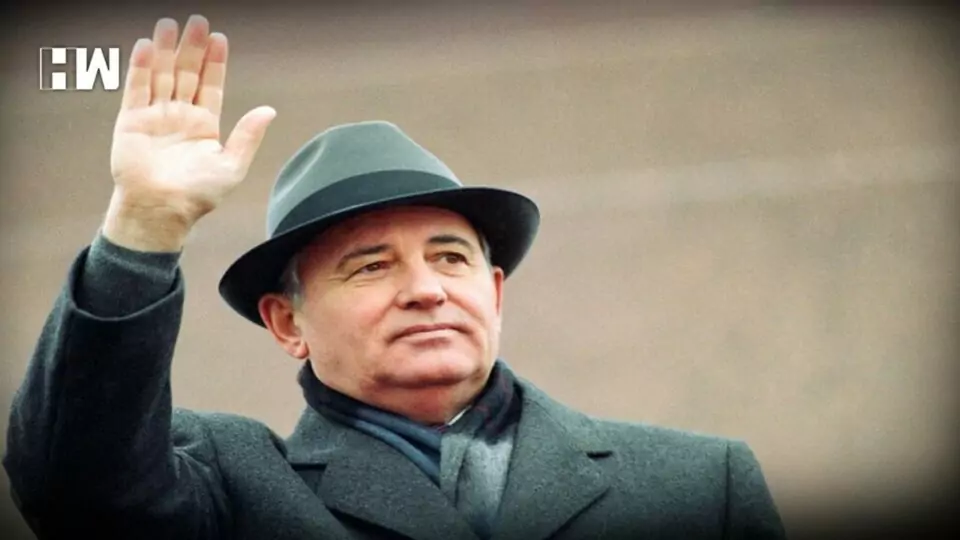Mikhail Gorbachev, in power between 1985 and 1991, helped bring US-Soviet relations out of a deep freeze and was the last surviving Cold War leader.
Moscow: Former Soviet President Mikhail Gorbachev, who ended the Cold War but failed to prevent the collapse of the Soviet Union, died on Tuesday at the age of 91, according to the Russian news agency.
Sputnik News Agency citing the hospital stated that he died after a serious and long illness. “Mikhail Sergeevich Gorbachev died this evening after a serious and long illness,” the agency citing the Central Clinical Hospital said on Tuesday.
Mikhail Gorbachev was the last leader of the United Union of Soviet Socialist Republics (USSR). He was a young and dynamic soviet leader who wanted to reform the communist regime along the lines of democratic principles by giving some freedom to citizens.
When pro-democracy protests swept across the Soviet Union of communist Eastern Europe in 1989, Gorbachev refrained from using force.
He recognized the policy of Glasnost or freedom of speech which was severely curtailed during earlier regime. Gorbachev also began a program of economic reform called Perestroika or Restructuring which was necessary as the Soviet economy was suffering from both hidden inflation and supply shortages. Cultural freedoms were granted to the press and the artistic community during his time.
He launched radical reforms meant to reduce party control of the government apparatus. Notably, thousands of political prisoners and their dissidents were released during his rule.
He is accredited with the success of the nuclear disarmament agreement with the United States of America which won him Nobel Peace Prize.
Gorbachev’s first five years in power were marked by significant accomplishments, as per The New York Times. He presided over an arms agreement with the United States that eliminated for the first time an entire class of nuclear weapons, and began the withdrawal of most Soviet tactical nuclear weapons from Eastern Europe.
He withdrew Soviet forces from Afghanistan, a tacit admission that the invasion in 1979 and the nine-year occupation had been a failure, as per the US media outlet.
(Except for the headline, this story has not been edited by HW News staff and is published from a syndicated feed.)
Also Read : “What Message Are We Sending?” Mumbaikars Hold Silent Protest In Support of Bilkis Bano
As an independent media platform, we do not take advertisements from governments and corporate houses. It is you, our readers, who have supported us on our journey to do honest and unbiased journalism. Please contribute, so that we can continue to do the same in future.

